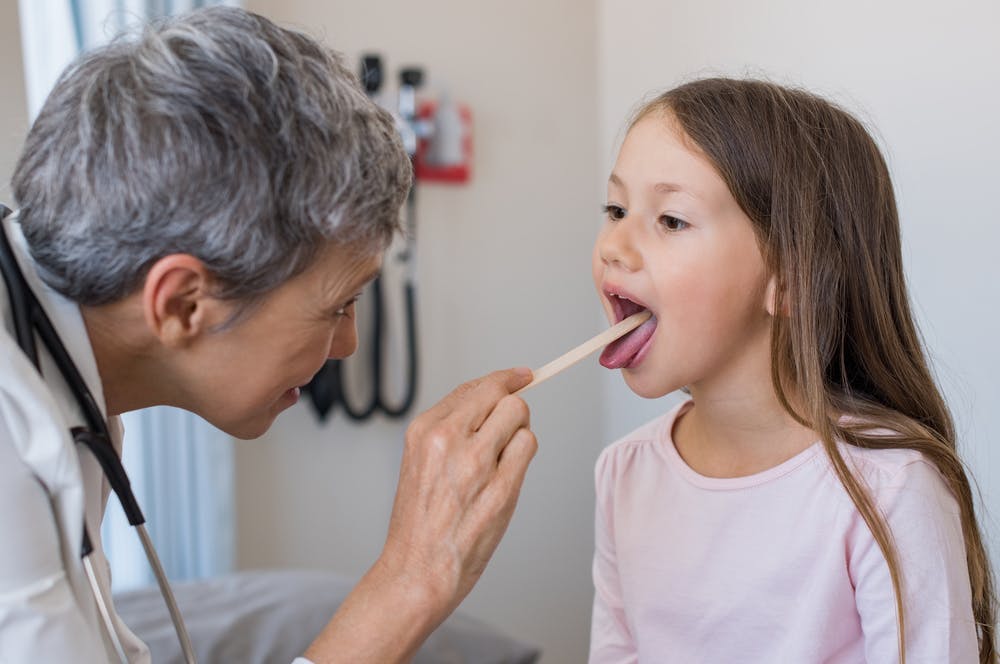Surprising side effects of alcohol
Many people are familiar with common side effects of alcohol, including lowered inhibitions, euphoria (i.e., feeling “tipsy”), decreased coordination, and hangovers. However, alcohol can also have effects with which many people may not be familiar. Here are five surprising side effects of alcohol you should know about.
1. Nasal congestion
Some people find that when they drink alcohol, they experience sneezing and nasal congestion. There are two physiological reasons why this can happen.
First, some people have lower levels of the enzymes the body needs to break alcohol (ethanol) into metabolites that it can process and excrete. When byproducts of alcohol don’t get broken down quickly enough, they accumulate to levels high enough to cause a mild allergic reaction.
The second reason why alcohol can cause sneezing and congestion is that wine, beer, and spirits contain histamine, a compound that elicits an allergic response. Of all alcoholic beverages, red wines usually have the highest histamine content.
2. Headaches
Even if people don’t consume enough alcohol to cause a hangover, they can still get a headache from drinking. Several factors can cause alcohol-related headaches.
First, red wine can cause headaches because it contains high levels of compounds called tannins, which inhibit the enzymes that protect the brain from substances that can trigger migraines. When this blood-brain barrier isn’t protected as it should be, the brain is more susceptible to headache-inducing triggers.
Another reason alcohol can cause headaches is that it both contains and stimulates the release of histamines, causing inflammation in blood vessels throughout the body. Inflammation of blood vessels in the brain can trigger headaches.
The third type of headache caused by alcohol is a “Delayed Alcohol-Induced Headache” (“DAIH”). These headaches usually occur hours after a patient has stopped drinking, as their blood alcohol level returns to zero. While the cause of DAIH is unknown, researchers believe they are related to a drop in a neurotransmitter called serotonin, which regulates the body’s central pain control. When serotonin levels drop, pain signals are dysregulated, and people are more likely to experience painful conditions like headaches.
3. Wheezing
Alcohol can trigger asthma attacks in patients who have previously been diagnosed with asthma. It can also cause wheezing in non-asthmatic patients.
There are two common reasons why this happens. The first is that alcohol contains compounds that act as allergens. The most common of these compounds are sulfites, which are typically highest in beer, brown liquor, and cider.
Another reason why alcohol can cause wheezing is that it not only contains histamines but also stimulates the body to release excess histamines, causing an inflammatory response. When this inflammation occurs in the airway, patients can experience wheezing and shortness of breath.
4. Skin flushing
Drinking alcohol can cause you to feel warm or red in the face. This can happen because alcohol dilates blood vessels, making skin appear more flushed. It can also happen in people who have a genetic defect in the aldehyde dehydrogenase 2 (ALDH2) gene. People with this defect aren’t able to metabolize alcohol as quickly as others, which leads to a buildup of a compound called acetaldehyde that is known to cause skin flushing.
Researchers estimate that 8% of the world’s population has a defective ALDH2 gene. People of Korean, Japanese, or Chinese descent are more prone to this genetic defect than people of other ethnicities.
5. Insomnia
Alcohol is a central nervous system depressant, which is why people feel sleepy after they’ve had a drink or two, and why drinking a “nightcap” before you go to bed can sound appealing.
While alcohol can help you fall asleep faster, it has a negative effect on sleep quality and duration. This is why people who drink alcohol at bedtime (especially in excess) may fall asleep quickly, but they are also more likely to experience fatigue and insomnia in the long run. Alcohol increases your risk of breast cancer because it causes an increase in estrogen levels, and damages DNA, which can lead to the development of cancer cells.
***
Written by Sarah Thebarge, Physician Assistant


